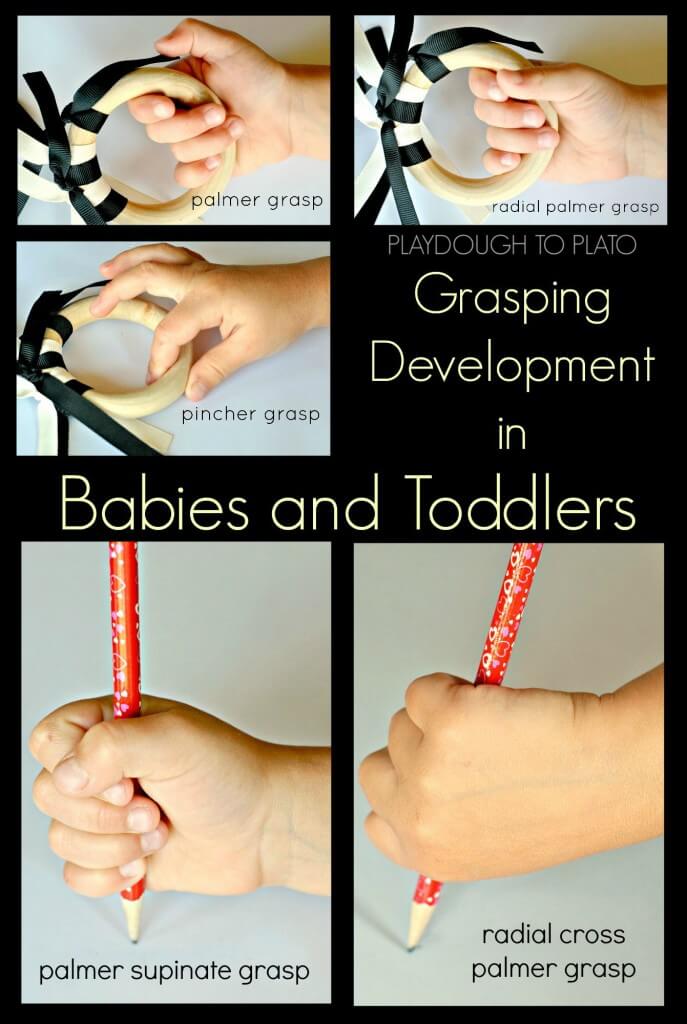 Source: bing.com
Source: bing.comTable of Contents
Introduction
As a new parent, you may be fascinated by every little thing your baby does, including the way they move their hands. But did you know that your baby’s hand development is more than just cute movements? It’s actually an important part of their overall growth and development. In this article, we’ll explore the milestones of baby hand development and give you tips on how to support your baby’s hand development.
Milestones of Baby Hand Development
Newborns have very little control over their hands and fingers, but as they grow and develop, they will begin to hit certain milestones. Here are some of the key milestones of baby hand development:
1. Grasping Reflex
Newborns have a natural reflex that allows them to grasp onto objects when they come into contact with their palms. This reflex disappears around 3-4 months of age.
2. Hand-to-Mouth Movement
Around 3-4 months of age, babies will start to bring their hands to their mouth more frequently. This is a sign that they are gaining more control over their hand movements.
3. Reaching and Grabbing
Around 4-6 months of age, babies will start to reach for and grab onto objects intentionally. This is a sign that their hand-eye coordination is improving.
4. Pincer Grasp
Around 8-10 months of age, babies will develop the pincer grasp, which involves using their thumb and index finger to pick up small objects.
5. Fine Motor Skills
Around 12-15 months of age, babies will begin to develop more advanced fine motor skills, such as stacking blocks and turning pages in a book.
Tips for Supporting Baby Hand Development
Now that you know the milestones of baby hand development, here are some tips to help support your baby’s hand development:
1. Provide Plenty of Tummy Time
Tummy time is essential for babies to develop the strength and coordination needed for crawling and reaching. It also helps to develop the muscles in their hands and fingers.
2. Offer a Variety of Textures and Objects to Explore
Babies learn through exploration, so providing a variety of textures and objects for them to touch and manipulate helps to develop their sensory skills and hand-eye coordination.
3. Encourage Self-Feeding
Around 6-8 months of age, babies will start to show an interest in self-feeding. Allowing them to practice with finger foods helps to develop their fine motor skills.
4. Play Games that Involve Hand Movements
Playing games like “peek-a-boo” and “patty cake” helps to develop your baby’s hand-eye coordination and fine motor skills.
5. Read Books Together
Reading books together helps to develop your baby’s cognitive and language skills, as well as their fine motor skills as they turn the pages.
Frequently Asked Questions
Q: When should I be concerned about my baby’s hand development?
A: If your baby has not shown any interest in grasping or reaching for objects by 6 months of age, you should consult your pediatrician.
Q: Can I do anything to speed up my baby’s hand development?
A: Babies develop at their own pace, so there is no need to try to speed up their development. However, providing plenty of opportunities for exploration and play can help to support their development.
Q: Will my baby be right-handed or left-handed?
A: Most babies do not show a preference for one hand over the other until they are around 2-3 years old.
Q: Should I be worried if my baby is not using a pincer grasp by 10 months?
A: While most babies develop a pincer grasp around 8-10 months of age, some may take longer. However, if your baby has not developed a pincer grasp by 12 months of age, you should consult your pediatrician.
Q: Is it normal for my baby’s hands to shake?
A: Yes, it is normal for babies’ hands to shake or tremble, especially when they are trying to do something new. This is because their nervous system is still developing.
Conclusion
Baby hand development is an important part of your baby’s overall growth and development. By understanding the milestones and providing opportunities for exploration and play, you can help to support your baby’s hand development. Remember, every baby develops at their own pace, so don’t worry if your baby takes a little longer to reach certain milestones. As always, if you have any concerns about your baby’s development, be sure to consult your pediatrician.
